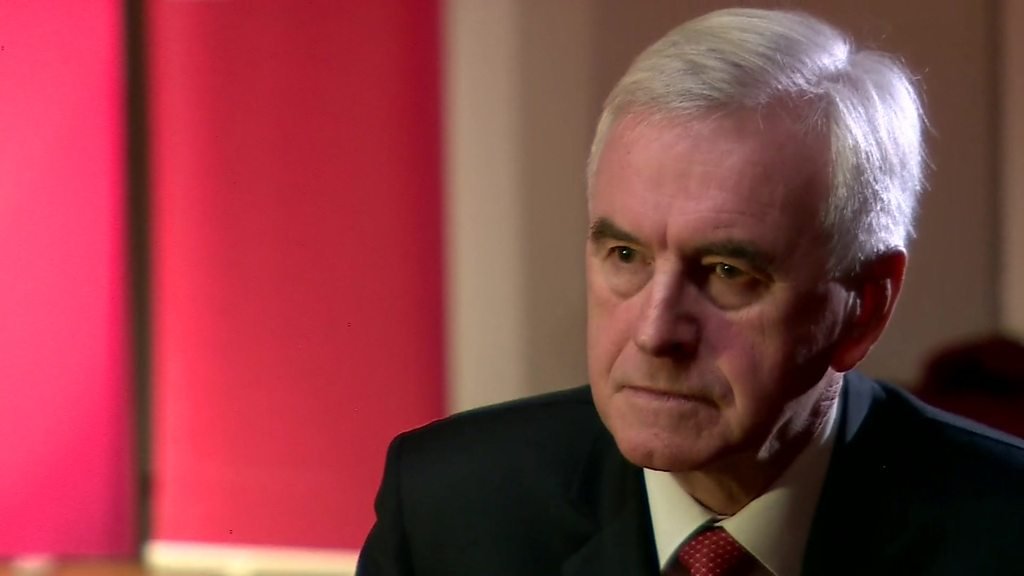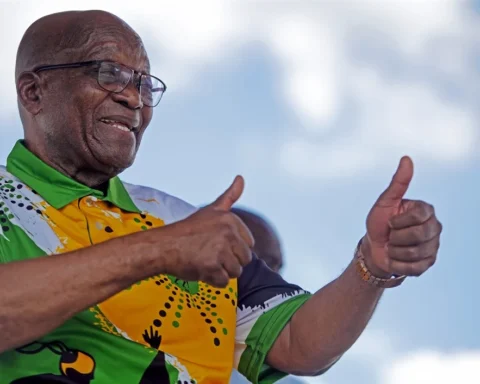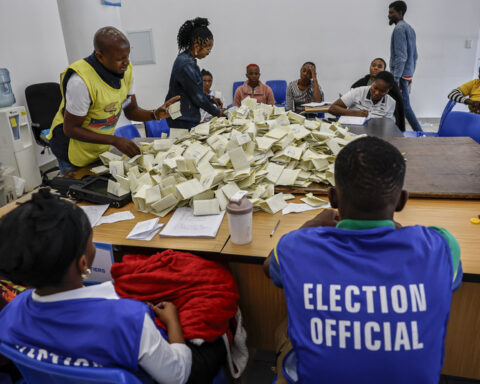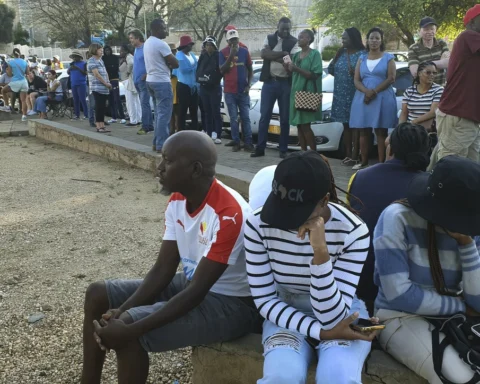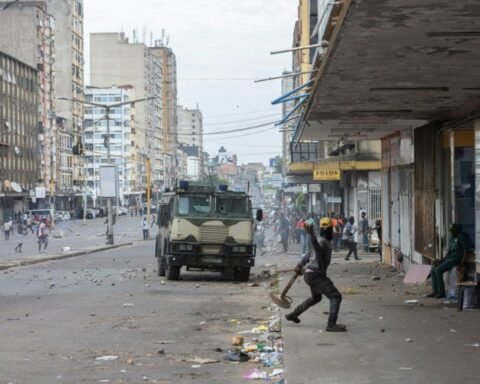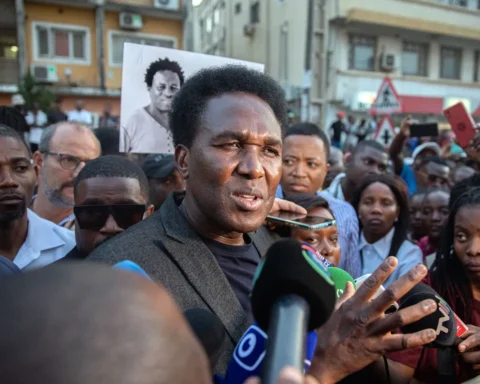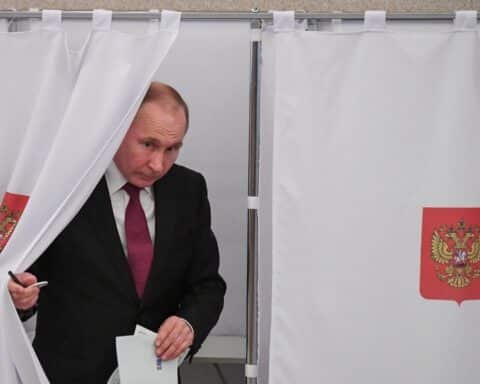Britain’s opposition Labour Party said it would unveil plans on Friday (Nov 15) to provide free’full-fibre’ broadband across the country as Prime Minister Boris Johnson made a pitch for votes in “overlooked” towns with a promise to revive the high streets.
Labour said if it wins a Dec 12 election it would carry out a massive upgrade of Britain’s internet infrastructure, starting by targeting rural and remote communities and some inner city areas with the worst broadband access.
It said the plan would be paid for using its Green Transformation fund and by taxes on tech firms such as Alphabet’s Google, Amazon and Facebook .
To carry out its proposal, Labour said it would create a ‘British Broadband’ public service by nationalising parts of BT, the country’s biggest broadband and mobile phone provider. That would include its digital network arm Openreach, as well as parts of BT Technology, BT Enterprise and BT Consumer.
“By creating British Broadband as a public service, we will lead the world in using public investment to transform our country, reduce people’s monthly bills, boost our economy and improve people’s quality of life,” Labour leader Jeremy Corbyn will say in a speech, according to an extract released by the party.
A BT spokesman said in an emailed statement that rolling out full-fibre broadband and 5G across Britain should be a top political priority. He did not specifically address Labour’s nationalisation plan.
Whatever the result of the election, we’d encourage the next government to work with all parts of the industry to achieve that,” the spokesman said.
Currently, less than 10 per cent of British premises have access to full-fibre broadband – also called fibre to the premises, where fibre optic cable instead of copper is used to connect homes to the network. Labour said it would roll out the free broadband to all individuals and businesses by 2030, providing it to at least 15 million to 18 million premises within five years.
Johnson has already promised to roll out full-fibre broadband to all homes by 2025 with an investment of 5 billion pounds (S$8.7 billion) if his Conservatives, who are leading in the opinion polls, win the election.
BT’s Chief Executive Philip Jansen said last month that Johnson’s timescale would be extremely difficult to achieve and said the company would need the government and the regulator to create conditions that would allow it to make a fair return.
The company, which was privatised by Margaret Thatcher’s Conservative government in 1984, said it could fund the 25 billion to 30 billion pound cost of building a full-fibre network by issuing debt, reallocating capex, disposing assets, and by cutting its dividend.
Under its plans, Labour said there would be a one-off capital cost of 15.3 billion pounds to deliver the full-fibre network, on top of the 5 billion already promised by Johnson.
It said the cost of nationalising parts of BT would be set by Parliament and paid for by swapping bonds for shares.
Meanwhile, Johnson on Friday announced cuts to business rates for shops, pubs and cinemas, and promised 500 million pounds to help restore local rail networks that were cut as a result of 1960s reforms.
There was also an announcement of 150 million pounds of funding to help local community groups buy pubs and post offices to rescue them from closure.
Johnson is trying to win over disaffected Labour voters with a pledge to deliver Brexit and “unleash” the potential of towns and cities nationwide.
With less than a month away to the election, he is relying on winning Labour-held seats in central and northern England to give him the majority he needs in the House of Commons to approve the Brexit deal he’s brokered with the European Union.
“We will invest in these communities and help people put the heart back into the places they call home,” Johnson said in a statement. “We need to get Brexit done so that we can unleash the potential of all our towns, cities and villages.”
Johnson’s Conservatives named towns in eight constituencies in the north and the Midlands that could benefit from the party’s announcement; five of them in Labour-held seats and another two in Tory seats with relatively slim majorities over Labour.
The opposition party, for its part, blamed the Tories for budget cuts that deprived councils of funds to spend on local services.
